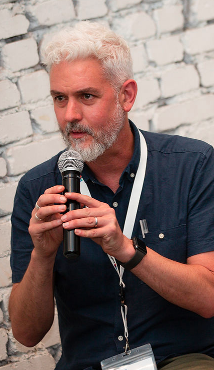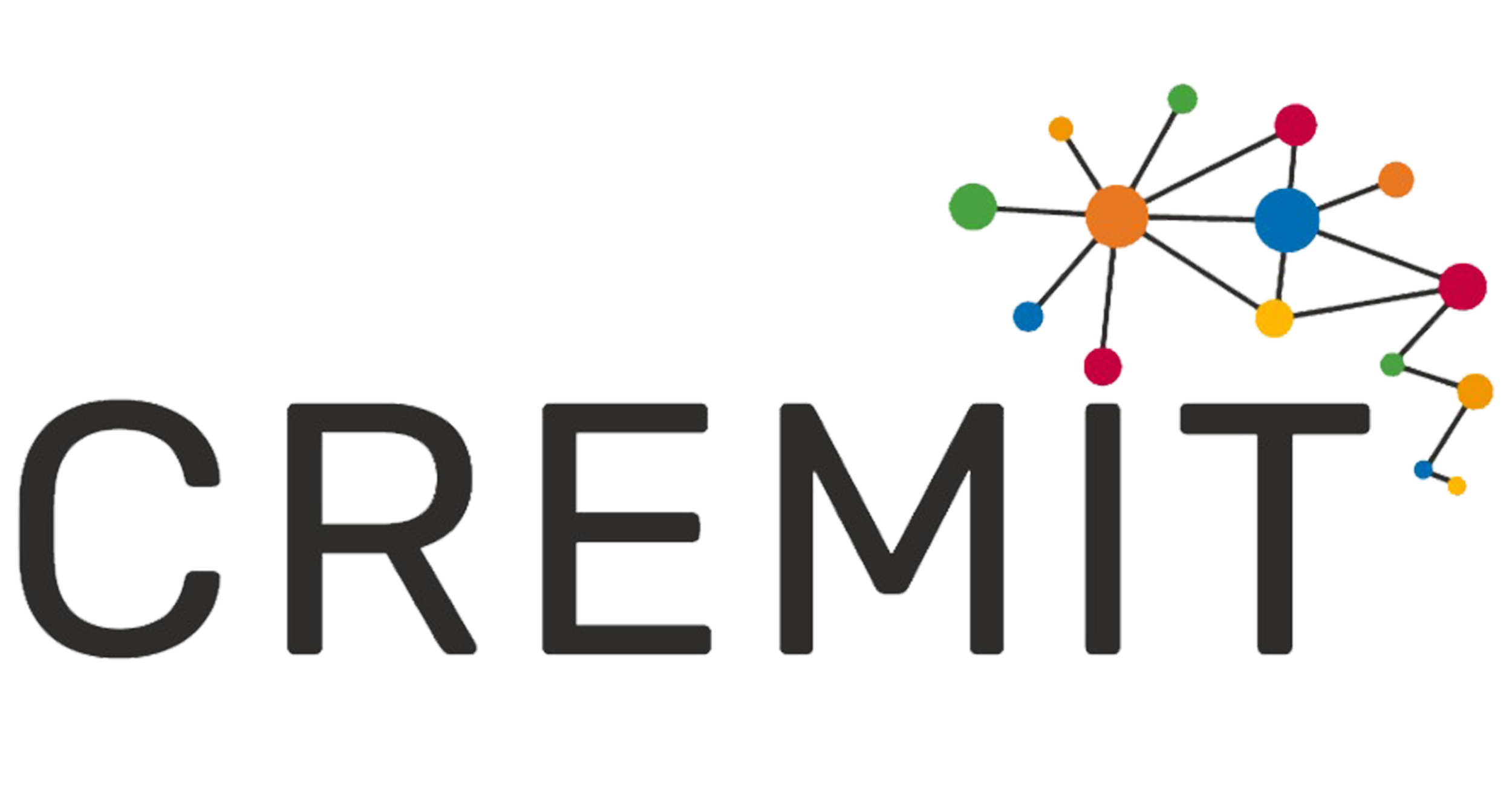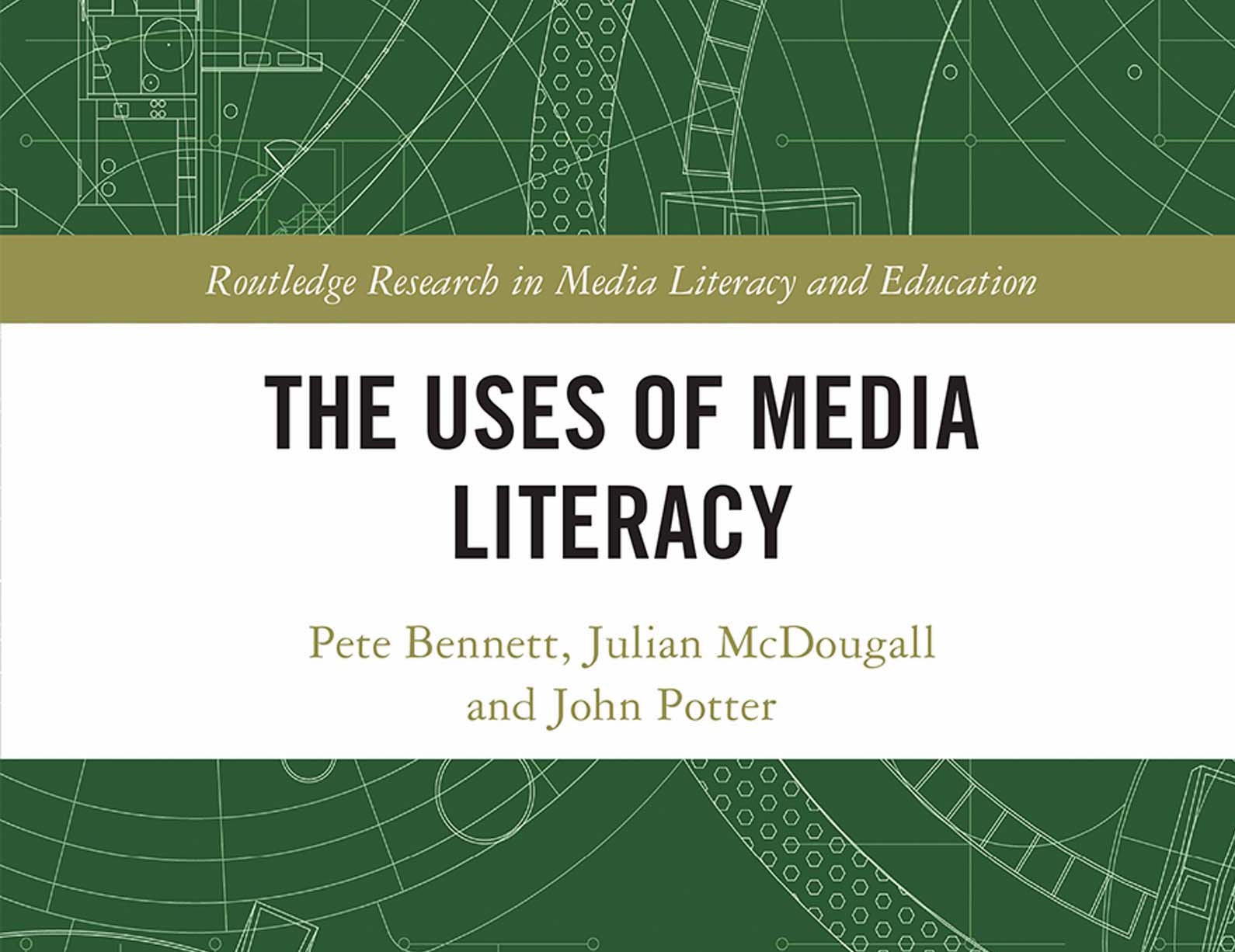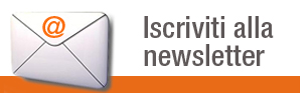
Julian McDougall
(Bournemouth University)
In July, I was delighted to give a talk and work for two days with researchers at the SIREM conference and summer school. I was much less happy to do that from home in England than in person in Brescia, thanks to Covid!
During my time on screen with the Italian colleagues, I shared key concepts and ways of thinking about from two books – Digital Media, Culture and Education (Palgrave, with John Potter) and The Uses of Media Literacy (Routlege, with Pete Bennett and John Potter).
In the original Uses of Literacy (1957), Richard Hoggart wrote about how people were using the new ‘mass literacy’ for self-improvement, education, social mobility and civic engagement but that outside forces were seizing the opportunity to use this same expansion in literacy, through the new mass media, for commercial and political exploitation. The research I shared asks – in the era of ‘information disorder’ is the same thing happening? What kinds of literacy are required to survive in the new information and data landscape? Going further, and crucially, as literacy competencies are never neutral and are, used often for bad things, how do we turn our attention instead, now, to the ‘uses’ of these literacies, as Hoggart did over sixty years ago. How do we focus on these uses of literacy as dynamic capabilities rather than competencies? How can we develop a capability framework for the uses of (media) literacy today?
Thinking (and teaching) this way needs approaches which can productively combine the existing media engagement expertise of students with the critical thinking expertise of teachers. This is what we call third space literacy. If home is the first space, school is the second, then the third space is in between but acts as a rich, semi-permeable membrane, sometimes physical (eg an after-school club, museum, library, community space, arts centre), sometimes digital / virtual, but also possibly metaphorical – a new way of ‘doing learning’). The point is that expertise about the contemporary media ecosystem is exchanged between teacher and student, so that students can bring with them repertoires of literacy and funds of knowledge – from their mediated lifeworlds, and teachers make these ‘count’ as schooled literacies. In this way, literacy becomes dynamic. Dynamic literacies offer a sharp contrast with the school curriculum which is too often static in nature.
So, the challenge from our research is to adapt educational practices to free agentive, social and connected learners from our static systems. Even if we are obliged to see media literacy as protective, then it is still obvious that agentive people, using their literacies for dynamic ways of being in the world with others, are less vulnerable to the perceived ‘harms’ of media and the internet. Hoggart ended the conclusion to his book with the question of how freedom can remain meaningful as technology develops and makes us feel ever freer, when we may actually be less free. Sixty years later, this is still the question.
During my time ‘at’ SIREM, I presented these ideas and then facilitated a series of activities which the participants engaged with through breakout groups in Zoom, offline, on group Padlet designs and in paired conversations in virtual spaces of their choice. We worked on converting curriculum design for media literacy from static to agentive, incorporating the new literacy practice of curation – taking the Digicomp framework as our key text. We designed third space learning activities and shared them with each other in the summer school and the next day I finished my keynote with these outcomes. You can see the designs here.
Julian McDougall is Professor in Media and Education, Head of the Centre for Excellence in Media Practice and Principal Fellow of the Higher Education Academy. He runs the Professional Doctorate (Ed D) in Creative and Media Education at Bournemouth University and convenes the annual International Media Education Summit. In the field of media education, he is the author of a range of over 100 books, articles, chapters and research reports and has provided numerous research projects for external funders, charities and non-profit organisations including the European Union, Arts and Humanities Research Council, Samsung, the United Kingdom Literacy Association, the UK Government and the US Embassy. He has given keynote speeches and joined invited expert panels on media education and media literacy in over 20 countries.








